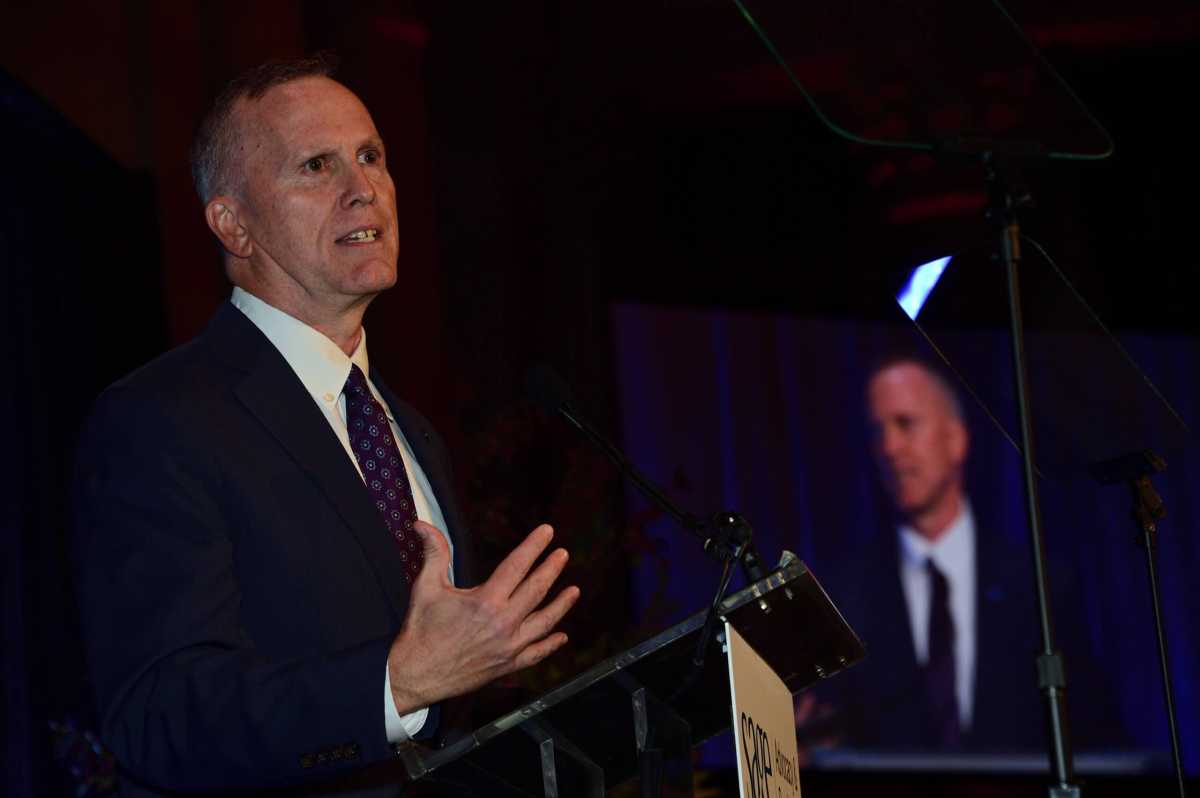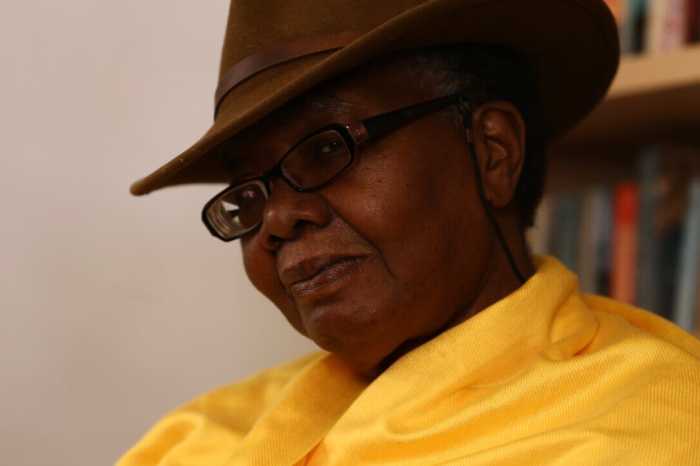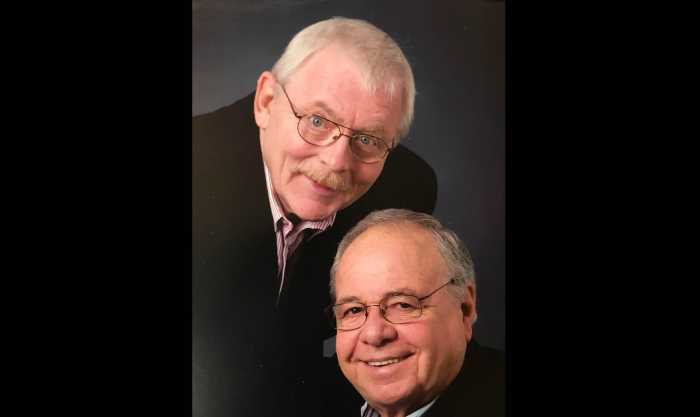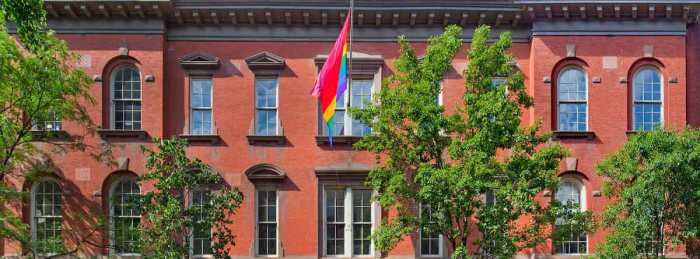A California federal court has issued a preliminary injunction against key provisions of Donald Trump’s executive order prohibiting federal agencies, contractors, and grant recipients from carrying out diversity and inclusion training programs that include concepts to which the president objects.
District Judge Beth Labson Freeman’s December 22 order found that the plaintiffs — a group of LGBTQ and AIDS organizations that provide such training to their staffs and to other organizations — had standing on First and Fifth Amendment grounds to challenge provisions of the executive order applicable to their activities and were sufficiently likely to be successful that they were deserved a preliminary injunction while their challenge is pending.
The provisions enjoined by Freeman’s order were found to be overreach beyond the legitimate interests of the government.
LGBTQ, AIDS groups succeed in getting preliminary injunction against provisions affecting expertise they provide
Trump signed the order on September 22, a few weeks after the federal Office of Management & Budget (OMB) issued a similar memorandum to federal agencies warning them not to conduct diversity training that includes concepts Trump earlier nixed in an internal Executive Branch directive.
The OMB memo described any trainings related to “critical race theory,” “white privilege,” or any suggestion that the US is “an inherently racist or evil country” as “divisive, un-American propaganda training sessions.”
That memo and Trump’s subsequent executive order painted a cartoonish and exaggerated picture of the kinds of diversity trainings now widespread in both the private and public sectors, which emerged out of expanding professional literature about unconscious bias and implicit racism and sexism.
The president’s executive order aims to censor the content of such training programs, even if they are not specifically funded by the federal government or are not the subject matter of a federal contract or grant, as long as they are conducted by organizations that have federal contracts or receive federal grants.
Soon after Trump signed the executive order, groups likely to be affected by the ban started to cancel diversity programs, some of which were provided by the plaintiffs in this lawsuit, which was filed by Lambda Legal and cooperating attorneys from the law firm Ropes & Gray.
The lead plaintiff is the Santa Cruz Lesbian and Gay Community Center, and it is joined by New York-based SAGE, or Advocacy & Services for LGBT Elders, the Los Angeles LGBT Center, the AIDS Foundation of Chicago, the Bradbury-Sullivan LGBT Community Center in Lehigh Valley, Pennsylvania, and the NO/AIDS Task Force in New Orleans.
The government’s initial response to the lawsuit was to deny that the plaintiffs had standing to sue or that any of their constitutional rights were threatened or violated. The government argued the First Amendment does not restrict it from deciding how federal money will be spent or controlling the content of training offered to federal employees.
But the plaintiffs all either have federal contracts or receive federal grants — with some of them getting a majority of their funding from the federal government — and the court found that the possibility the executive order will be enforced against them is not merely hypothetical, given the enforcement directives of the OMB memo and the cancelation of diversity trainings that have already occurred because presenting organizations feared losing contracts or funding. The court also found that it was very likely that the plaintiffs themselves would be targeted for enforcement because of the content of their training programs.
On the question of a preliminary injunction, the court concluded that the plaintiffs were likely to succeed on the merits and would suffer irreparable harm if no injunction were issued.
The Supreme Court, in the past, has engaged in difficult line-drawing between how much the government can control the speech of contractors and grantees and the degree to which such organizations retain freedom of speech on issues of public concern. Judge Freeman found that the plaintiffs’ training programs were entitled to First Amendment protection, especially when it came to training of their own employees as part of their goal to provide appropriate non-discriminatory service to their clients. The president’s executive order seeks to control that, even when a federal contract or grant has nothing to do directly with diversity training.
“Although the Government has a legitimate interest in controlling the scope of diversity training in the federal workforce and can limit the expenditure of federal funds,” wrote Judge Freeman, “… the Government’s interest is outweighed by the effect of the impermissible reach of the Executive Order on Plaintiffs’ freedom to deliver the diversity training and advocacy they deem necessary to train their own employees and the service providers in the communities in which they work, using funds unrelated to the federal contract.”
Freeman also wrote, “The Court agrees with Plaintiffs that the Government’s argument is a gross mischaracterization of the speech Plaintiffs want to express and an insult to their work of addressing discrimination and injustice towards historically underserved communities.”
Several major research universities submitted an amicus brief in support of plaintiffs, pointing out how the content-based restrictions in the executive order “appear to require universities that accept federal grants to curtail promotion of [the disapproved] concepts through teaching, training, and discussion.”
Looking at the OMB memorandum, the court saw that the executive order was aimed at “actually imposing the condition on as many grant programs as possible,” presenting a clear threat to academic freedom of speech.
The court also concluded that the “vagueness” of language in the Trump order violated the Fifth Amendment due process rights of the plaintiffs.
The court accepted the plaintiffs’ argument that only a nationwide injunction would suffice, given the geographical diversity of the co-plaintiffs and the scope of their training activities. Similarly, Freeman rejected the argument that injunctive relief should be limited to the plaintiff organizations and individuals.
Commenting on Freeman’s injunction, Michael Adams, SAGE’s CEO, in a written statement, said, “This injunction could not come at a more crucial time. We have already had trainings canceled because of the threat of this executive order, trainings that are integral to SAGE’s ability to do its work on behalf of LGBT older adults in a meaningful and impactful way that recognizes explicitly the impact of systemic racism, sexism, and anti-LGBT bias on our communities and the country writ large.”
To sign up for the Gay City News email newsletter, visit gaycitynews.com/newsletter




































